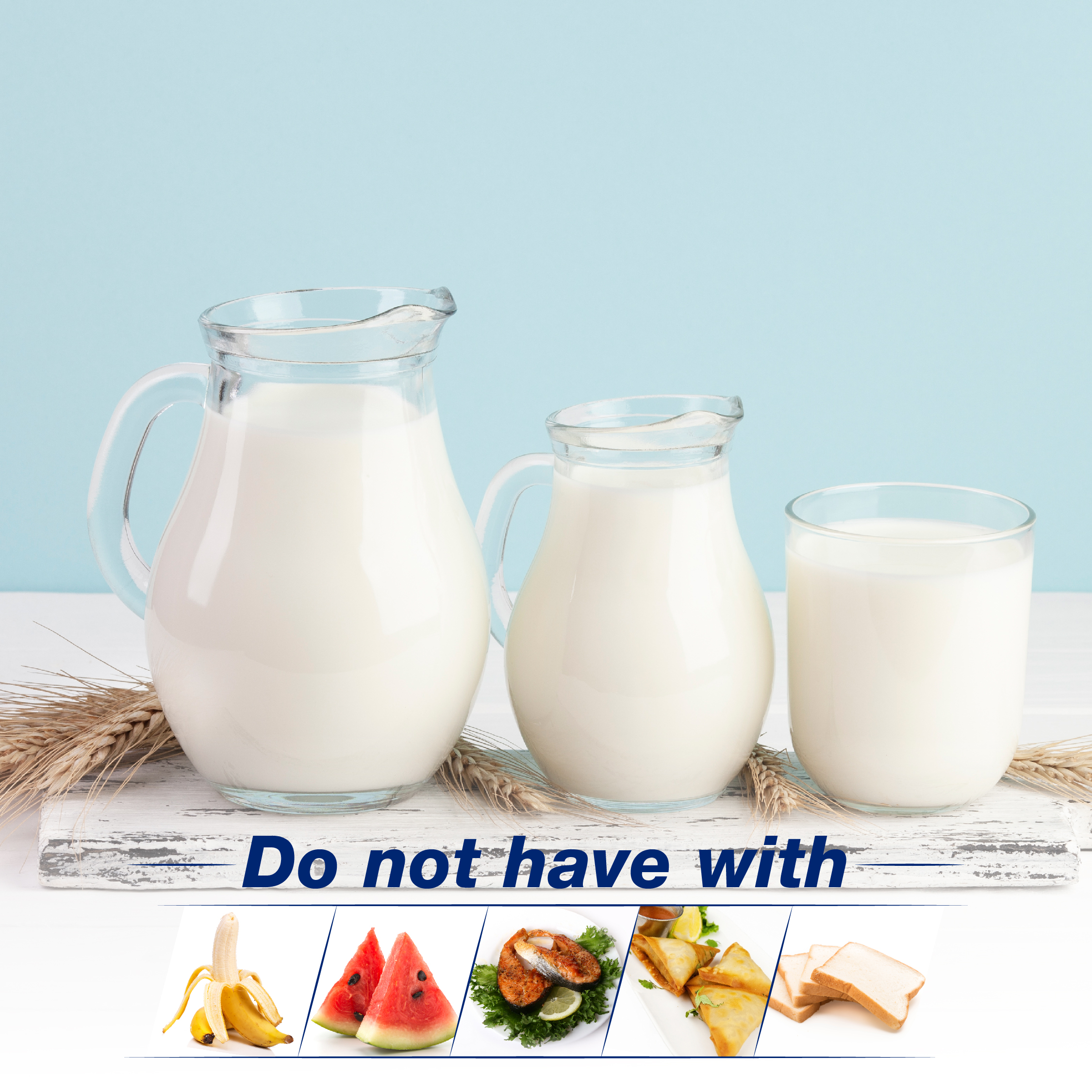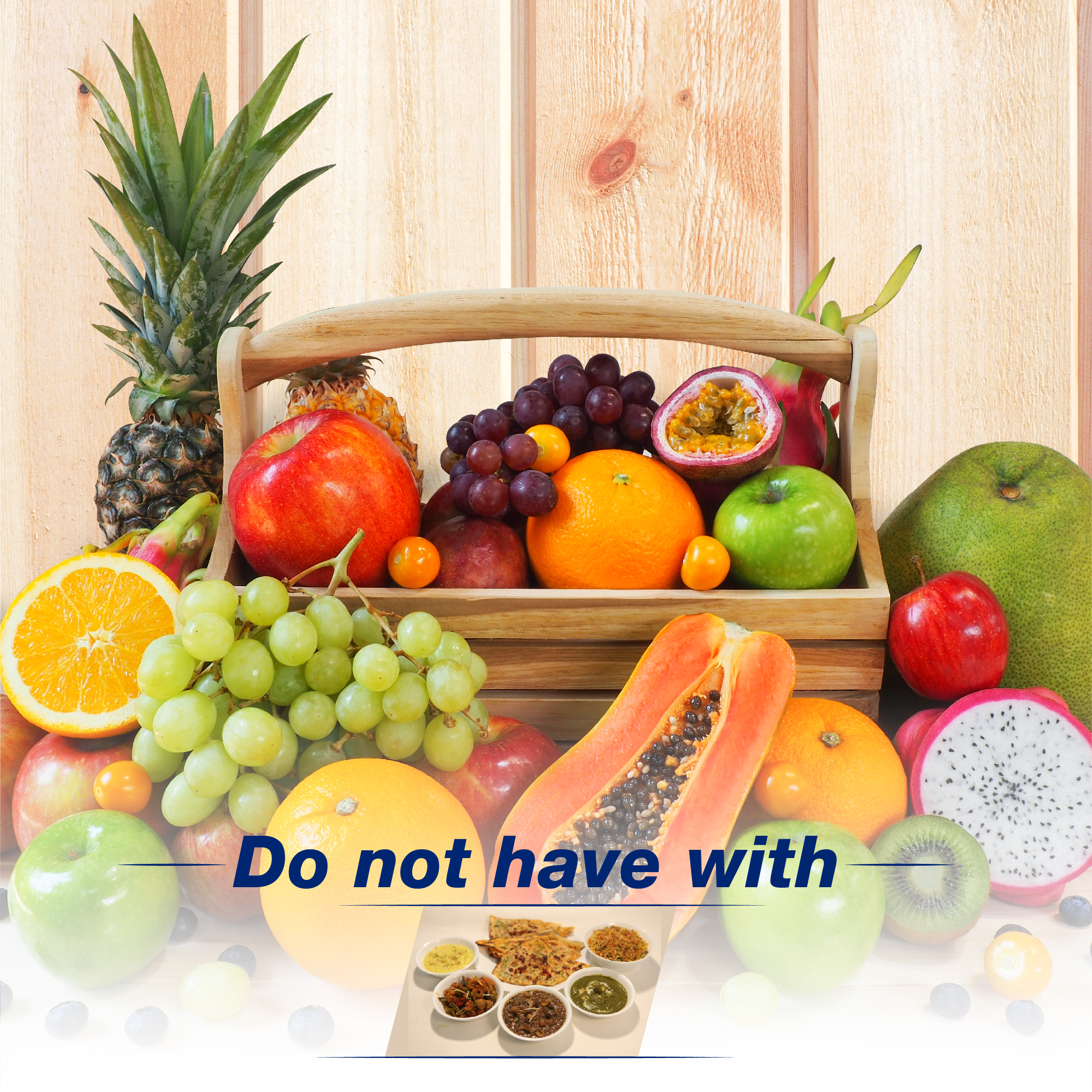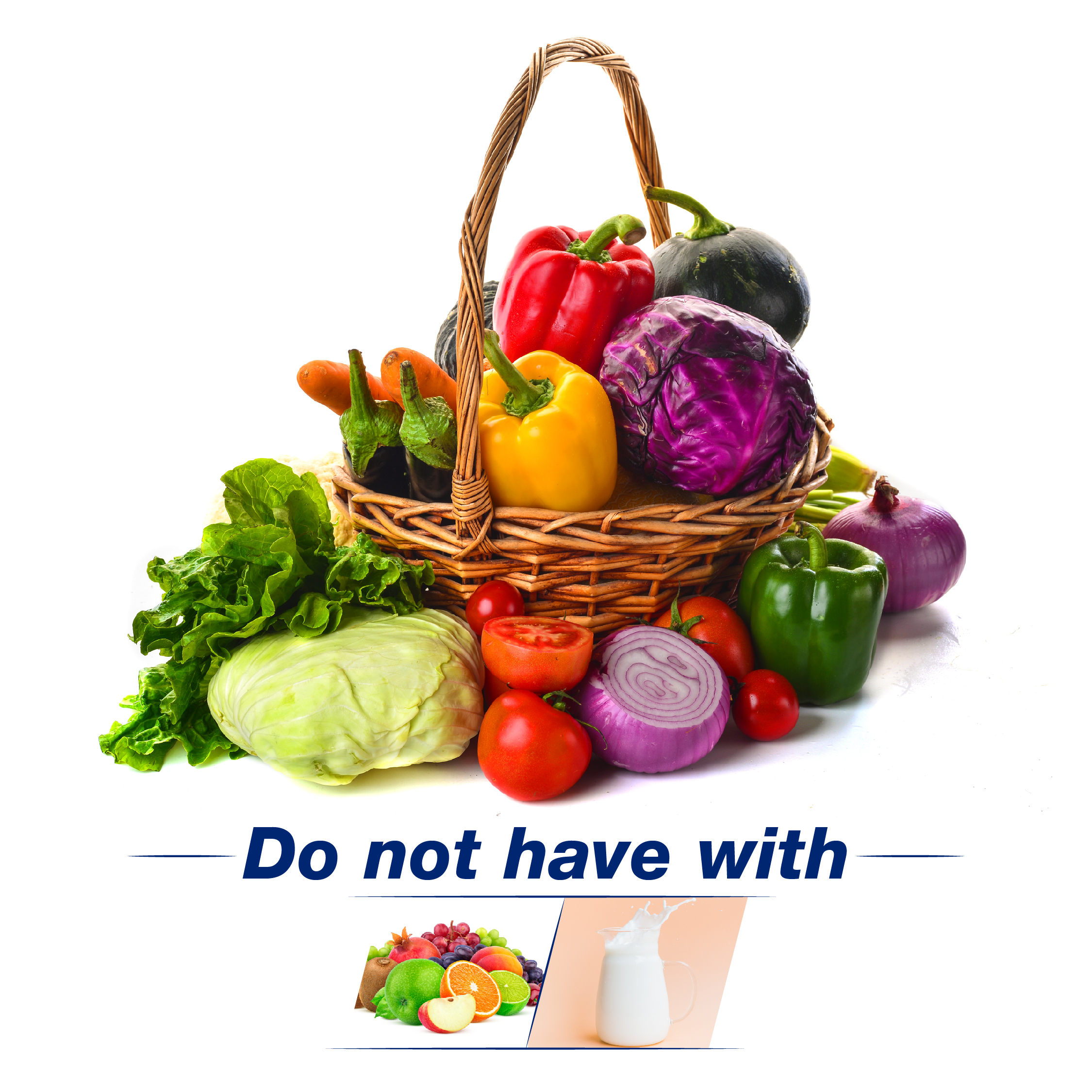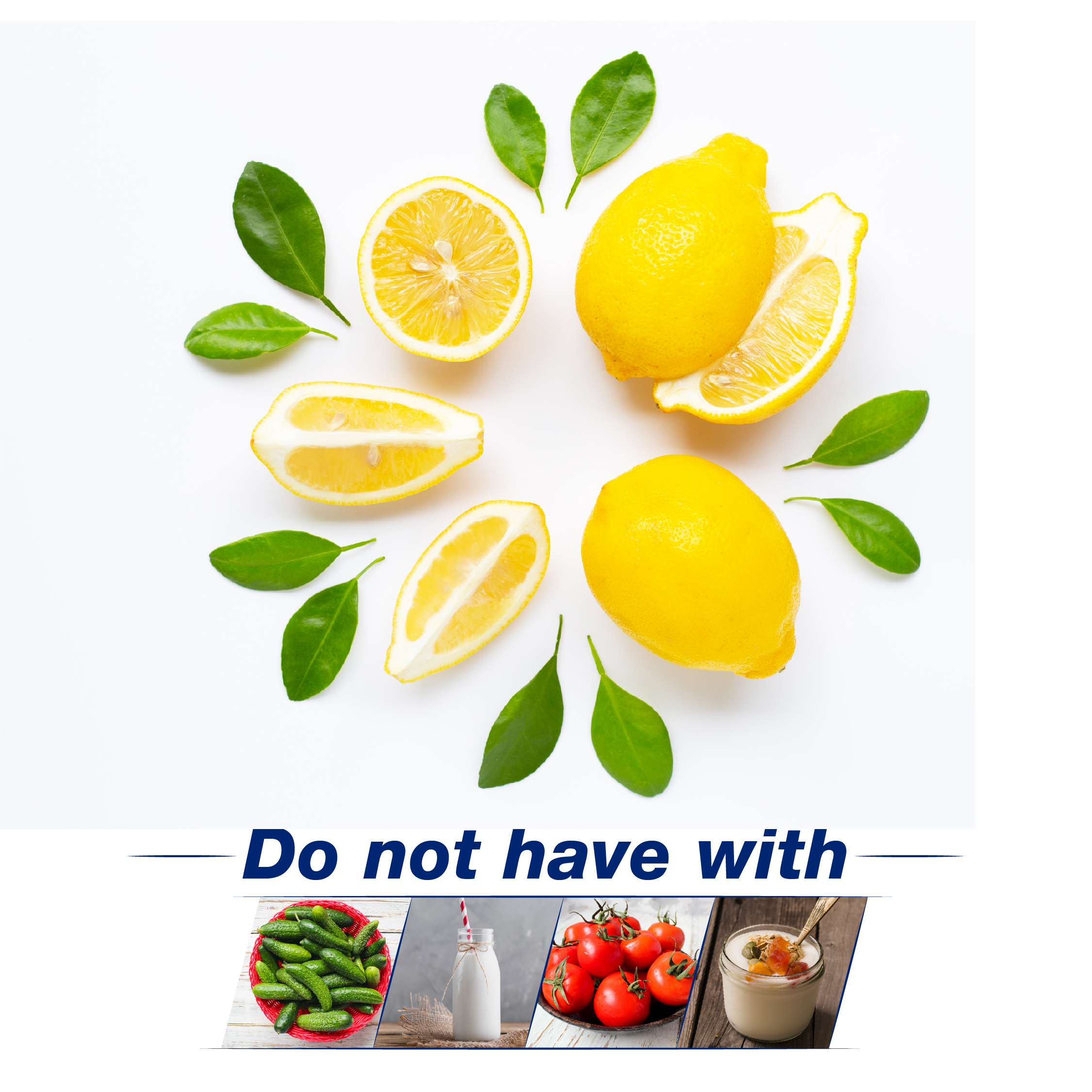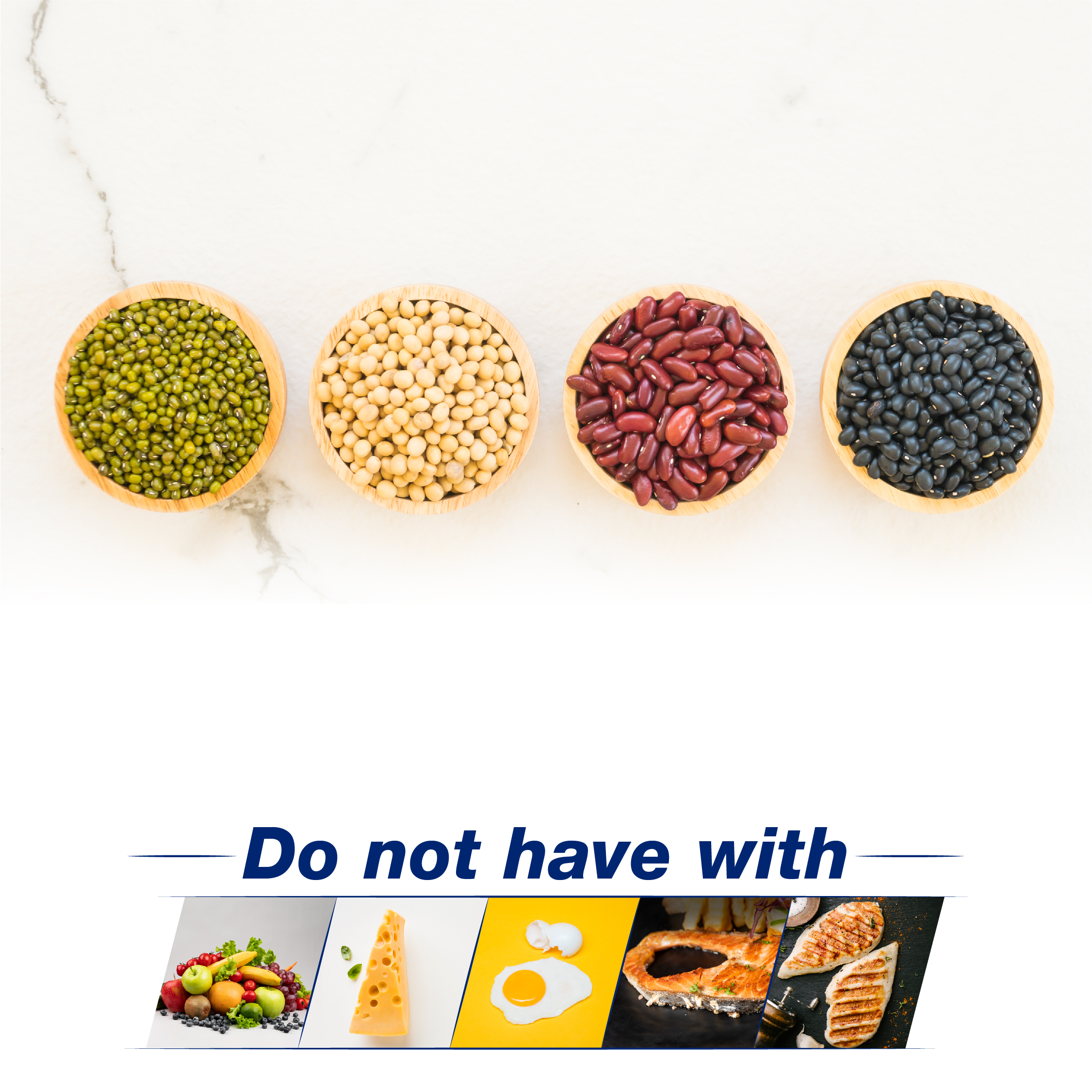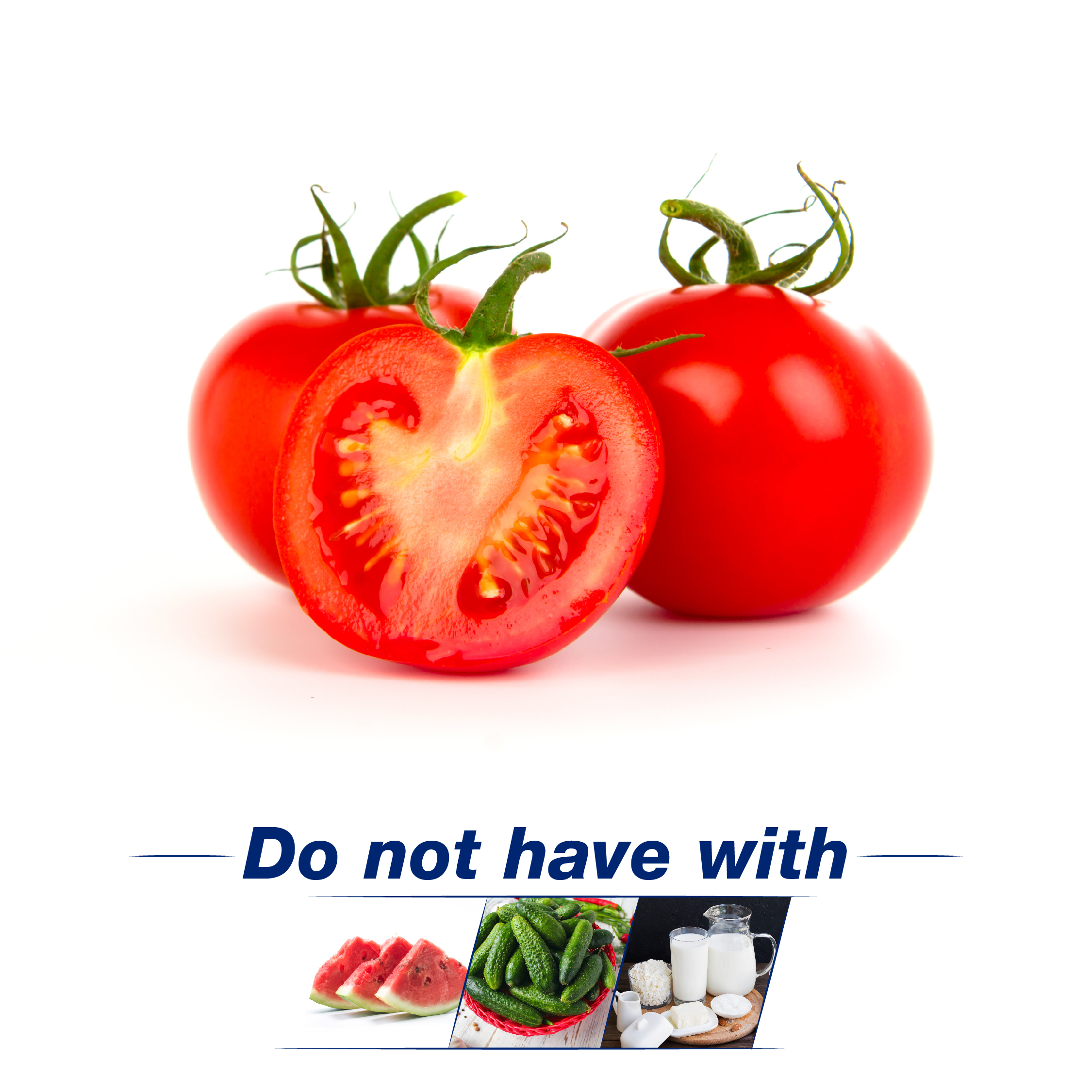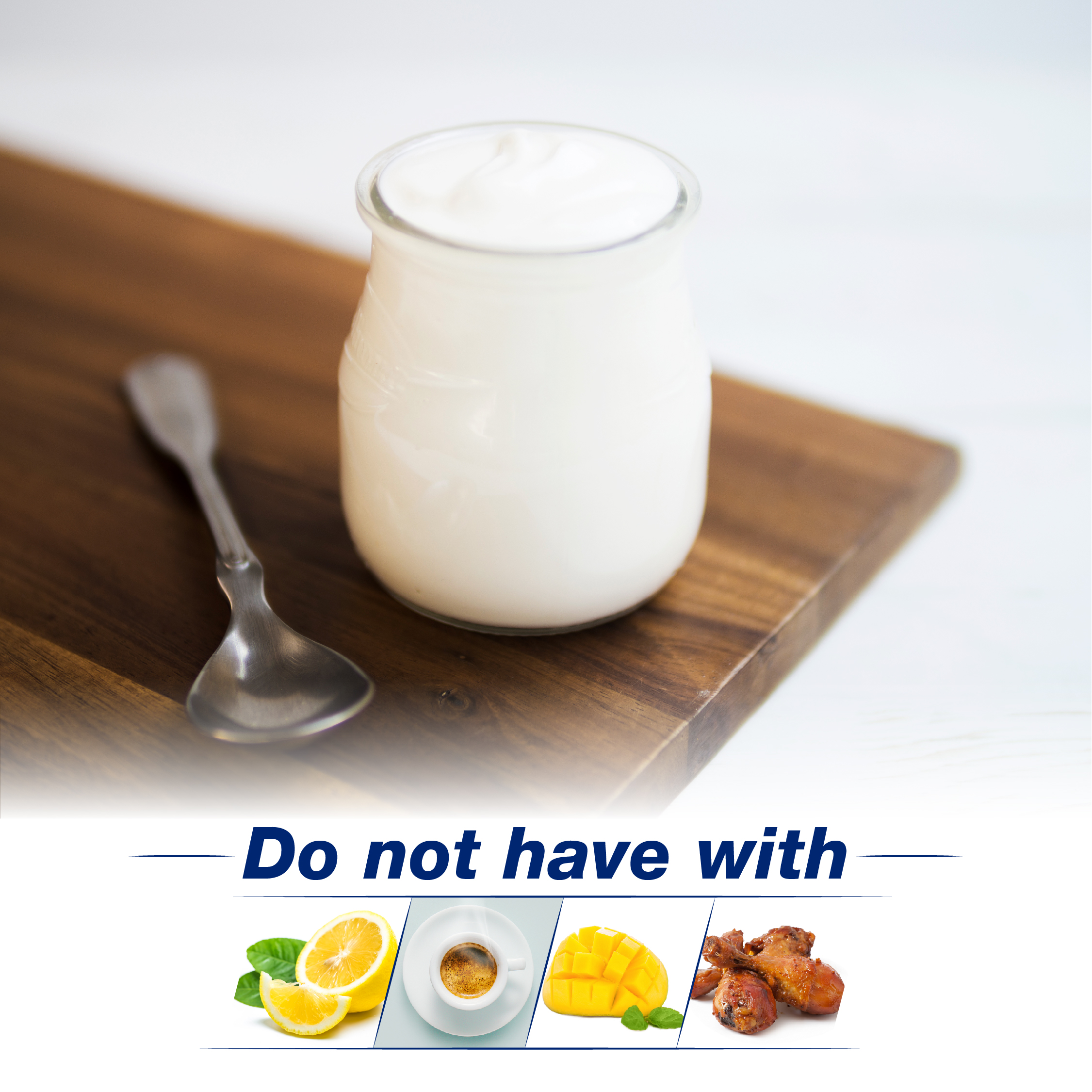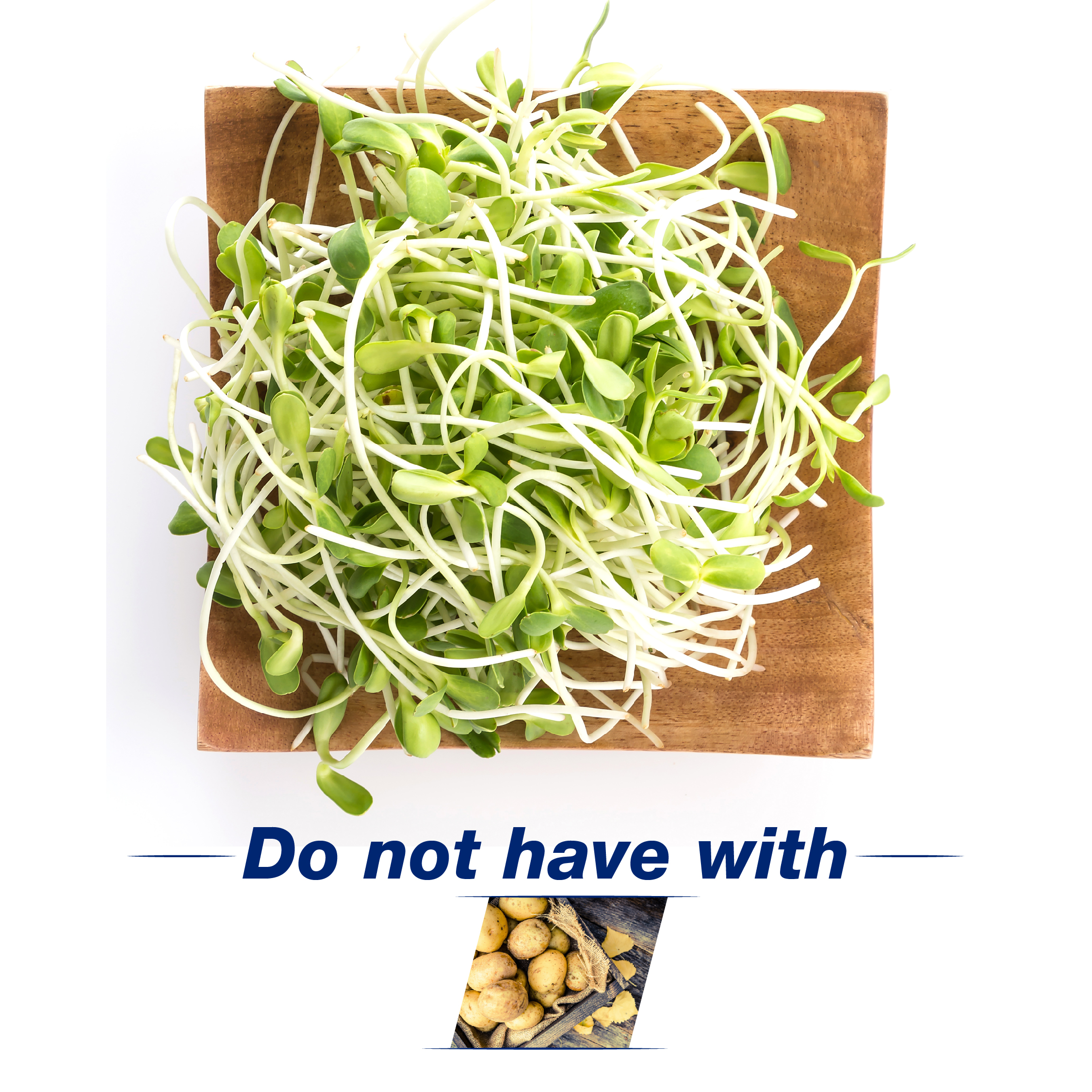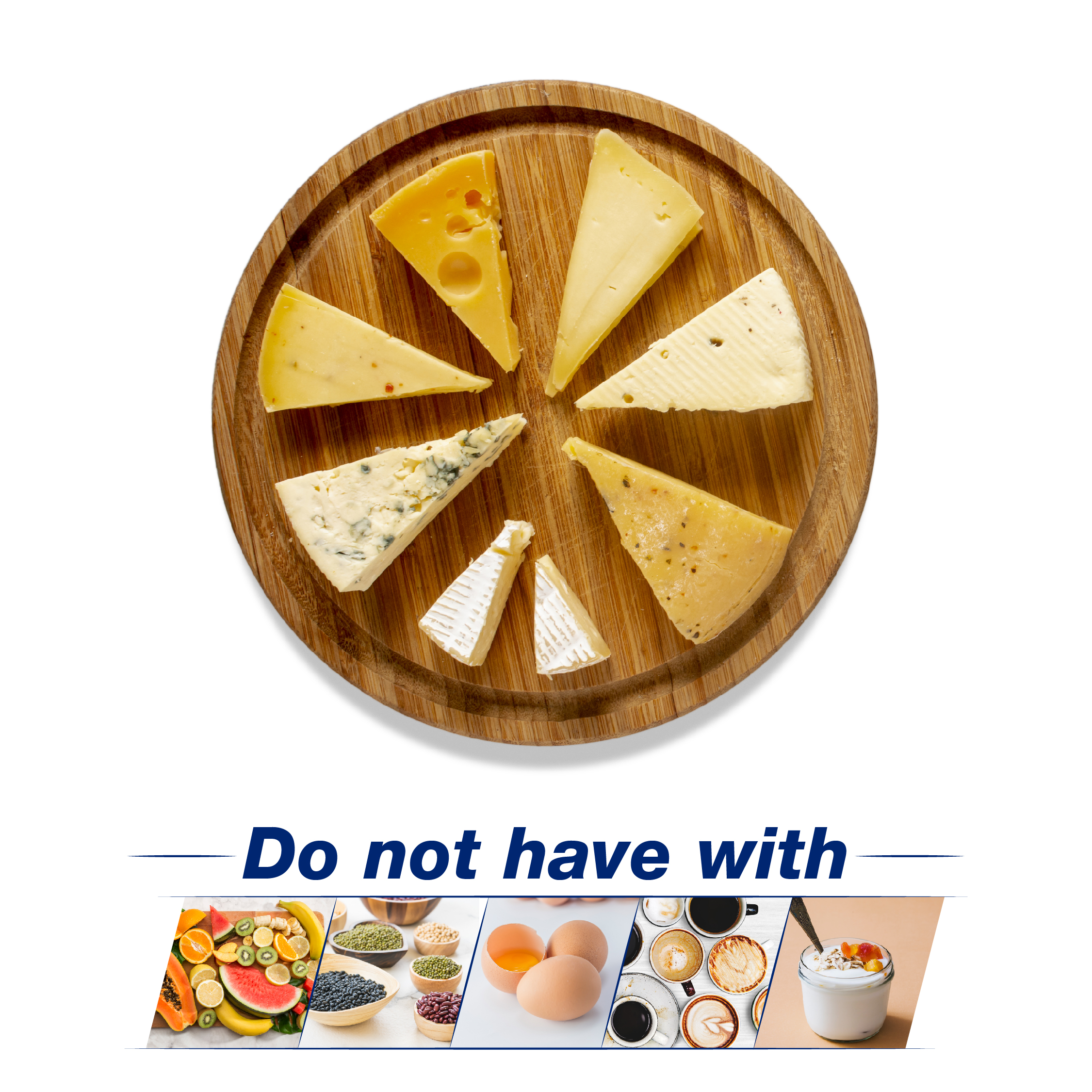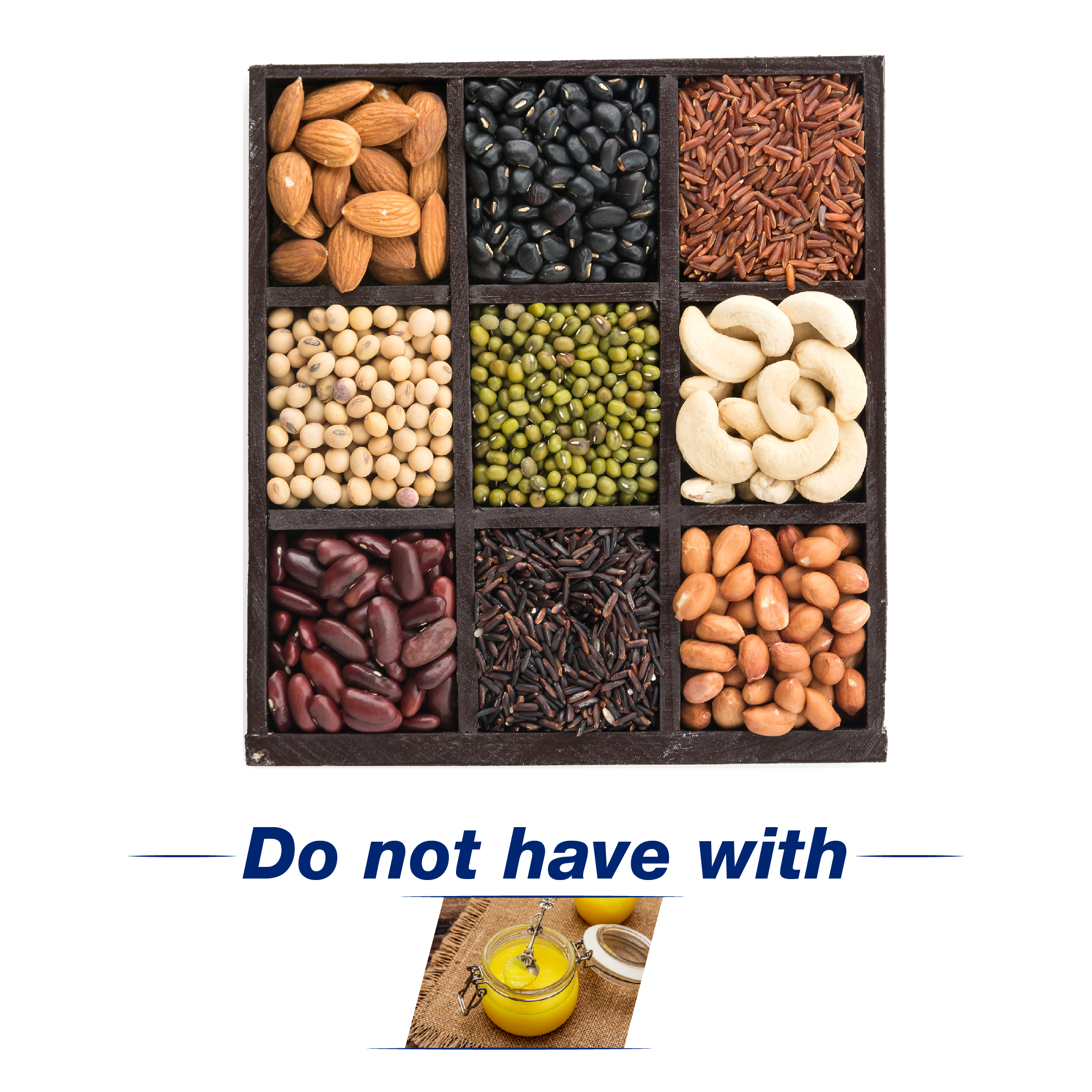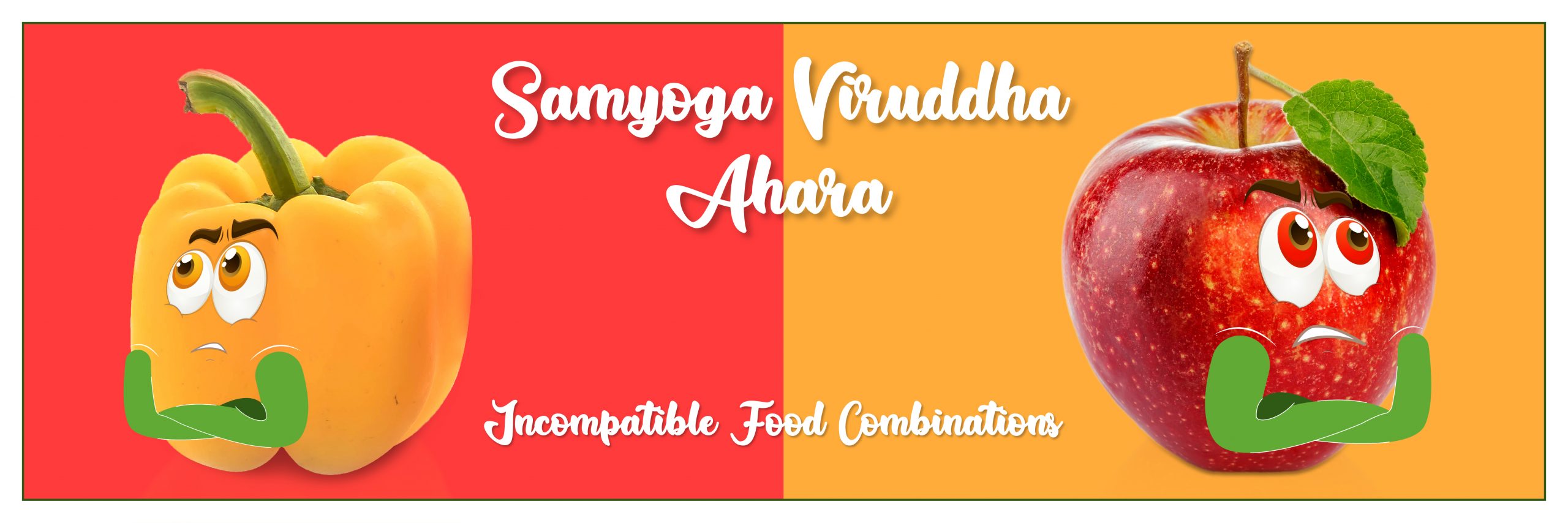
“What we eat determines how well our digestion works” ~ Alex Jamieson
&
“A good digestion turneth all to health” ~ George Herbert
This perfectly resonates with what the 5000+ years old Ayurvedic system of medicine has already stated. Ayurveda is the science of life that views health as a balance of doshas, dhatus (tissues), agni; along with the proper elimination of toxins, and a happy state of mind.
Samadosha, Samadhatu Samagnischa, Malkriyah,
(समदोष: समधातु समाग्निश्चा मलक्रियः)
Prasannatmendriyamanah, Swastha Ityabhidhiyate
(प्रसन्नात्मेंद्रियामन: स्वस्थ इत्याभिधियते)
So what is the connection between digestion, Agni & dhatus?
In Ayurveda, the process of digestion, absorption, assimilation and elimination revolves around Agni. It converts food into energy which nourishes the dhatus and supports the functions of the body. As per Acharya Charak, if the Agni is disturbed, it leads to ailments and imbalance of energies. Agni is responsible for maintenance of health and can also lead to disease.
Jatharagni is the Agni related to the Jathara (stomach and duodenum). Anything that we eat or drink gets processed by jatharagni which transforms it for utilization by the respective dhatus (tissues).
When the jatharagni is balanced (samagni) the food is well digested and assimilated; and increases the quality of the Dhatus. The person stays healthy.
But when the agni is irregular (visamagni); too strong (tikshnagni) or weak (mandagni) the dhatus are not nourished properly and the person suffers from a range of ailments.
The seven dhatus (tissues) as per Ayurveda are:
- Rasa (plasma)
- Rakta (blood)
- Mamsa (muscle)
- Meda (fat)
- Asthi (bone)
- Majja (bone-marrow)
- Shukra (reproductive fluid)
The digested food gets converted first into rasa and finally shukra (in the descending order). As per Acharya Charaka, the seven dhatus have their own agni to digest and assimilate the materials supplied through their own srotas for nourishment.
One of the things that can disturb the jatharagni is wrong or incompatible food combinations (samyoga viruddha ahara).
As per Ayurveda, diet which interrupts the metabolism, is called viruddha anna or incompatible diet. Poor digestion leads to improperly formed tissue (dhatu) and the subsequent tissues do not get proper nourishment.
The food (ahara) can be in contradiction or improper as per place (desha), time (kala), digestive fire (agni), quantity (matra), dosha, koshtha, mode of preparation (sanskar), potency (veerya), state of health (avastha), sequence (kram), treatment (upchar), cooking (paak), parihara (caution), hridaya, richness of quality (sampad), rules of eating (vidhi), and combination (samyoga).
We focus on Samyoga viruddha ahara or incompatible food combinations.
Incompatible food (viruddha anna) has an adverse effect on cellular metabolism, circulation, digestive, endocrine & nervous system immune system, growth hormone. It can cause
- Gastro Intestinal disorders
- Skin diseases
- Allergies
- Rhinitis
- Infertility
- Fetal abnormalities
- Abdominal distention
- Anemia
- Metabolic disorders
- Psychosomatic disorders & others
Viruddha ahara or incompatible food combinations according to Ayurveda can cause poor digestion, disturbance of agni, accumulation of ama, obstruction of channels, and vitiation of dhatus. The dhatus do not get proper nourishment. Regular consumption of improper food combinations can lead to inflammation at the molecular level and to degenerative illness subsequently. Incompatible food combinations in Ayurveda could be due to the mismatch of any of these – Guna, Virya, Vipaka, Prabhava.
Do not combine these:
Milk is incompatible with banana, melons or fruits, fish, salty items – khichadi, samosa/kachodi, tulsi, boiled with tea, nightshades, sour fruits, bread containing yeast, milk shake.
Grains are incompatible with Fruits, Tapioca.
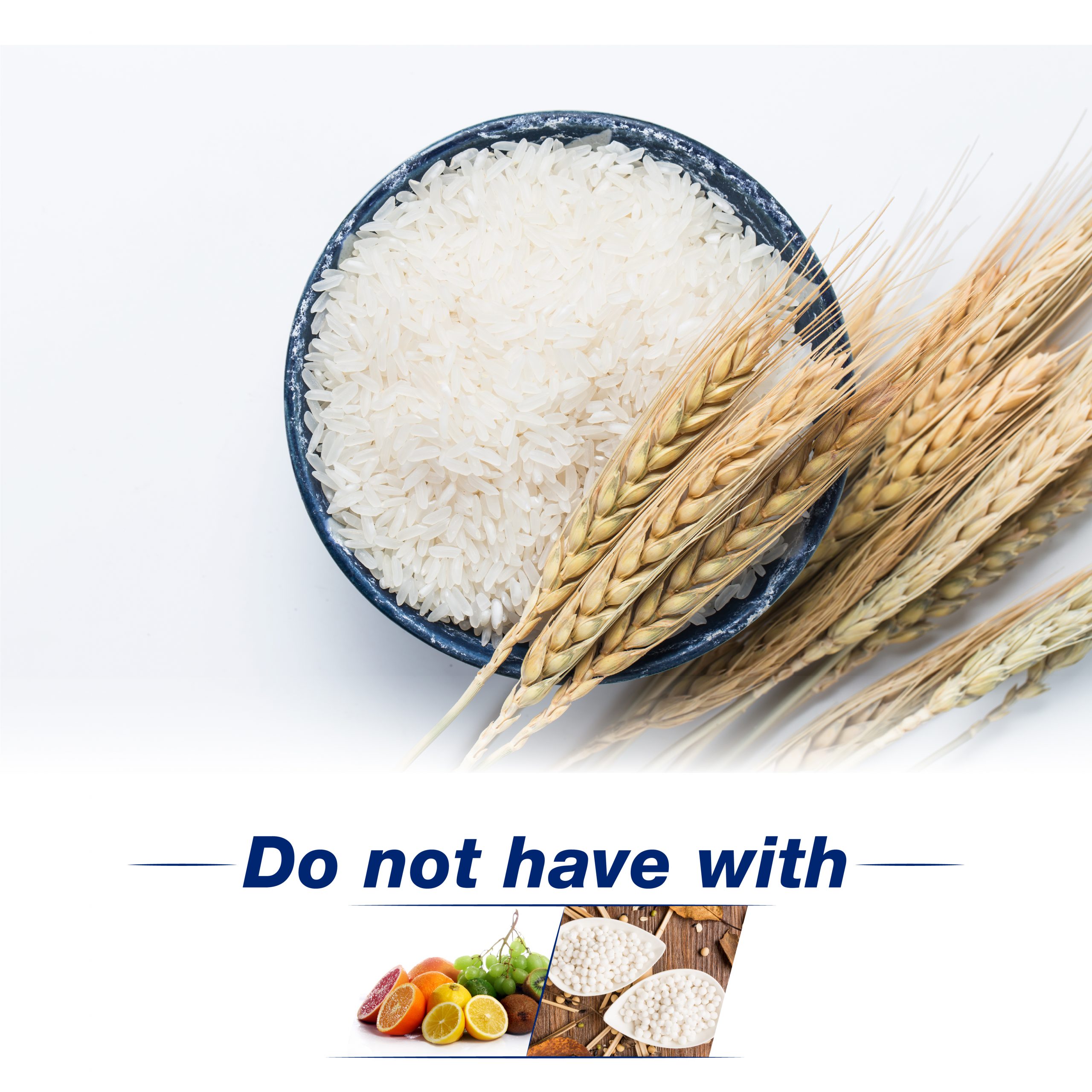
Fruits, melons are incompatible with every other food.
Vegetables are incompatible with fruits, milk.
Lemons are incompatible with cucumbers, milk, tomatoes, yogurt.
Beans are incompatible with fruit; cheese, eggs, fish, milk, meat, yogurt.
Nightshades (potato, tomato etc.) are incompatible with fruits such as melon; cucumber, dairy products.
Yogurt is incompatible with sour fruits; cheese, eggs, fish, hot drinks, meat, milk, nightshades, mangoes, beans.
Proteins are incompatible with starches and delay digestion.
Cheese is incompatible with fruits, beans, eggs, milk, yogurt, hot drinks.
Hot drinks are incompatible with mangoes, cheese, yogurt, fish, meat, starches.
Proteins are incompatible with fat as both require different digestive juices.
The list of opposite foods as per Ayurveda can be endless. We have cherry-picked food combinations oft used in our daily lives that might be making us ill. Opposite foods in Ayurveda can produce indigestion, fermentation and putrefaction. Awareness of incompatible food combinations can go a long way in maintaining proper digestion and a high health quotient. Diet is one of the three supporting pillars ( Upastambhas) of health in Ayurveda. Let’s eat right to live right.
All treatments and therapies at Sri Sri Tattva Panchakarma include advice & management of food intake. Additionally, our Naturopathy department provides customised diet plan so that you can reach optimum health. For any health queries or consultation-
Reach Out To Us:
+918061540300
reservations@srisritattva.com

